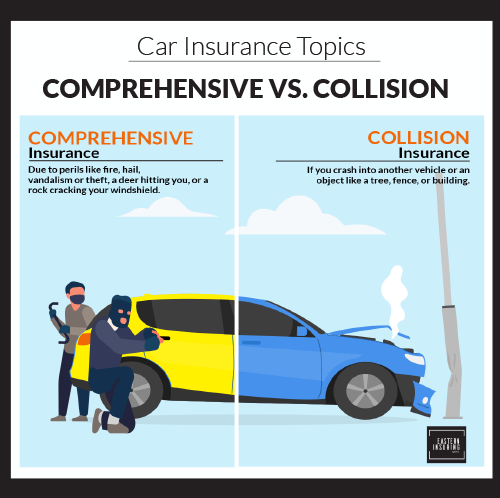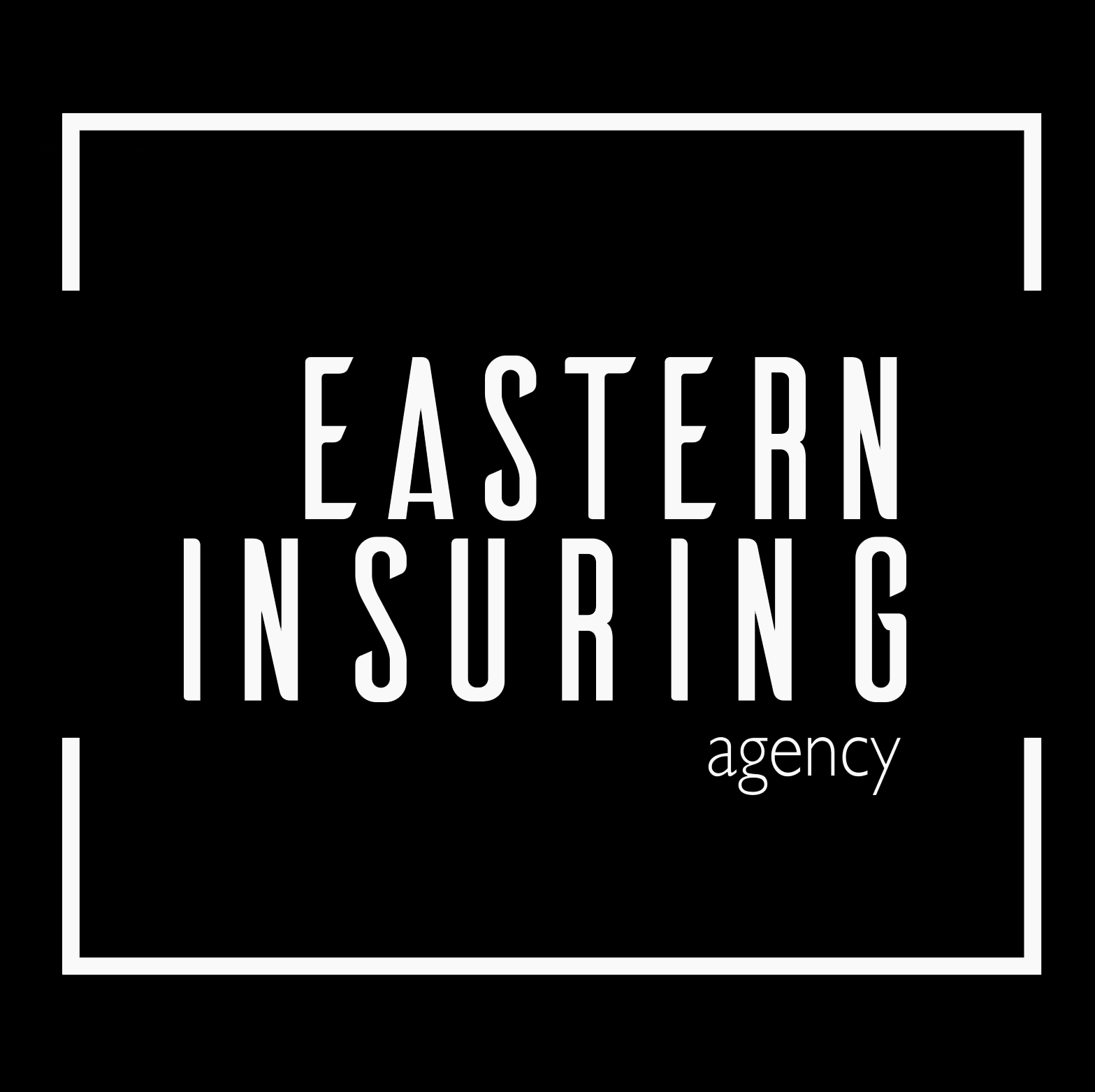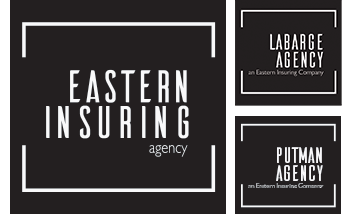Unraveling the Differences Between Term and Whole Life Policies
Decoding Life Insurance

Life insurance is a fundamental tool for financial planning, offering peace of mind and security for the future. As you embark on the journey of choosing the right life insurance policy, it's crucial to understand the key distinctions between two primary types: Term Life Insurance and Whole Life Insurance. Let's delve into the nuances of each to help you make an informed decision that aligns with your financial goals.
Term Life Insurance: The Basics
Overview: Term Life Insurance is a straightforward and cost-effective form of life insurance that provides coverage for a specific period, or "term." This term is typically 10, 20, or 30 years. If the policyholder passes away during the term, the designated beneficiaries receive the death benefit. However, if the policyholder outlives the term, the coverage expires.
Key Features:
- Affordability: Term life insurance is generally more affordable than whole life insurance, making it an attractive option for individuals seeking maximum coverage on a limited budget.
- Simple Structure: It offers a straightforward structure with no cash value component or investment features.
- Renewability: Some term policies may offer the option to renew or convert to a whole life policy at the end of the term, but premiums often increase.
Whole Life Insurance: The Essentials
Overview: Whole Life Insurance provides coverage for the entire lifetime of the policyholder. In addition to the death benefit, it includes a cash value component that accumulates over time. This cash value can be accessed or borrowed against while the policy is in force.
Key Features:
- Lifetime Coverage: Whole life insurance offers coverage for the entire lifetime of the policyholder, providing long-term financial security.
- Cash Value Growth: The policy builds cash value over time, acting as a form of savings or investment.
- Premiums and Payouts: Premiums are generally higher than term life insurance, but they remain level throughout the life of the policy. The death benefit and cash value are guaranteed.
Choosing the Right Fit for You
Considerations for Term Life Insurance:
- Ideal for individuals on a tight budget looking for maximum coverage during a specific period.
- Suitable for short-term financial needs such as mortgage protection or providing for children's education.
Considerations for Whole Life Insurance:
- Suited for those seeking lifelong coverage and a cash value component that can be utilized during their lifetime.
- Acts as a long-term investment and estate planning tool.
In essence, the choice between Term Life Insurance and Whole Life Insurance depends on your unique financial objectives, budget, and the duration of coverage you require. Term insurance offers affordability and simplicity, while whole life insurance provides lifelong coverage with a built-in savings element. Consulting with a financial advisor can help you navigate the complexities of life insurance and tailor a solution that aligns with your specific needs and goals. Remember, the right choice today can pave the way for a secure and stable financial future.f your post goes here.
Message from Eastern Insuring Agency:
Navigating the intricacies of insurance coverage requires a personalized approach, taking into account your unique circumstances, preferences, and financial goals. To gain a comprehensive understanding of the information provided in this blog and its direct relevance to your specific insurance needs, we encourage you to reach out to your dedicated agent at Eastern Insuring Agency at 1.800.698.1222.
Our team is here to guide you through the decision-making process, answer any questions you may have, and ensure that you have the right coverage in place for your peace of mind. Your agent at Eastern Insuring Agency is committed to providing the expertise and support you need to make informed choices and safeguard what matters most to you.
Recent posts








